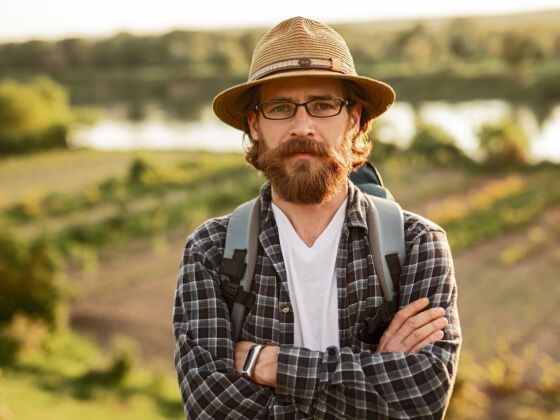Like many atheists, I wasn’t born this way. I left the Catholic Church in my teens in a great huff of self-righteous fury that, at its core, had more to do with how much I hated sitting through an hour of mass every week than any moral stance about the Church’s take on gays, women, or pedophilia. The beauty of discovering morality in your teens is that you instantly realize it can be used as a smokescreen to help you avoid doing things you don’t want to do. I was intoxicated with this new power.
I became the worst type of atheist. I got into shouting matches with family members, I condescended to people, and I started expressing contempt for any tiny religious thought, even in the most inappropriate forums. I was like a hormonal Bill Maher.
At the end of my teens, I started traveling. I had done my reading — Christopher Hitchens, Richard Dawkins, Sam Harris — so I knew that, in order to be open-minded, I had to be equally contemptuous of all religions, so as I entered each new country, I tried to take in the cultures without taking in their religions.
I failed miserably.
